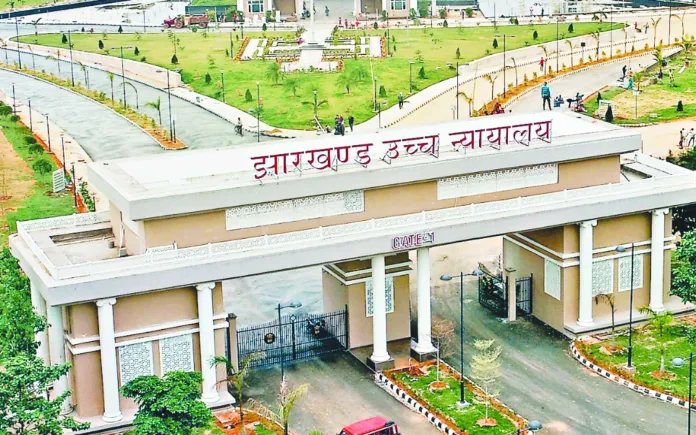The Jharkhand High Court emphasizes that the quality of evidence matters more than the number of witnesses in a witchcraft murder case, confirming the conviction.

The Jharkhand High Court upheld a murder conviction, emphasizing that the quality of evidence matters more than the number of witnesses. The court reviewed an appeal related to a murder case involving witchcraft. Justices Ananda Sen and Gautam Kumar Choudhary stated, “The key issue for any court is whether to trust a witness’s evidence. The Evidence Act is practical and does not specify a required number of witnesses to prove a fact (Section 134). The term ‘proved’ in Section 3 is broadly defined, using the word ‘matter’ instead of ‘evidence’. The standard is based on what a ‘prudent man’ would consider. Thus, the quality of evidence is crucial, and a conviction can be based on a single witness’s testimony if that witness is credible and trustworthy.”
The case details show that, according to the FIR, the deceased’s son was away from the village during the incident. He learned in the evening that his mother had been killed by his uncle with a sharp weapon. Upon returning, he found her body on the ridge of the appellant’s property, with a bleeding injury on her head. It was claimed that the appellant had labeled the deceased as a witch, which led to the crime. After the incident, the deceased’s family fled and locked their home. The only eyewitness was the wife of the informant’s brother. The police investigation confirmed the allegations, leading to a charge sheet and a trial under Section 302 of the IPC and Section 3/4 of the Prevention of Witch (Daain) Practices Act, 1999, resulting in a conviction.
The appellant’s lawyer argued that there was only one direct eyewitness, whose testimony contained significant contradictions. The Court had to decide if her evidence could be considered reliable enough to support a conviction based solely on her account. The Court referenced a Supreme Court ruling in Lallu Manjhi Vs. State of Jharkhand, which stated that the law does not require a specific number of witnesses to prove a fact, and it established criteria for evaluating the credibility of a sole witness.
Oral evidence must be considered in the context of the surrounding circumstances. P.W. 1 is a rural woman who could not speak or understand Hindi, so her testimony was recorded with the help of an interpreter. She is the only witness mentioned in the FIR who saw the event. Being the daughter-in-law of the deceased, she is a natural witness, and the incident occurred near their home. There is no history of conflict that would lead her to falsely accuse the appellant. She was not challenged on her previous statements to find any inconsistencies. Other witnesses did not see the event directly but arrived shortly after it happened. The defense could not undermine her credibility, and there is no solid reason to doubt her testimony, the court noted.
After reviewing the statements of other witnesses, the court determined that the evidence suggests the appellant had been labeling the deceased as a witch for a long time, and on the day of the incident, he killed her with a sharp weapon. Therefore, the court found no issues with the conviction and sentence and upheld the decision. The appeal was dismissed.
Cause Title: Gumid Murmu vs The State of Jharkhand









